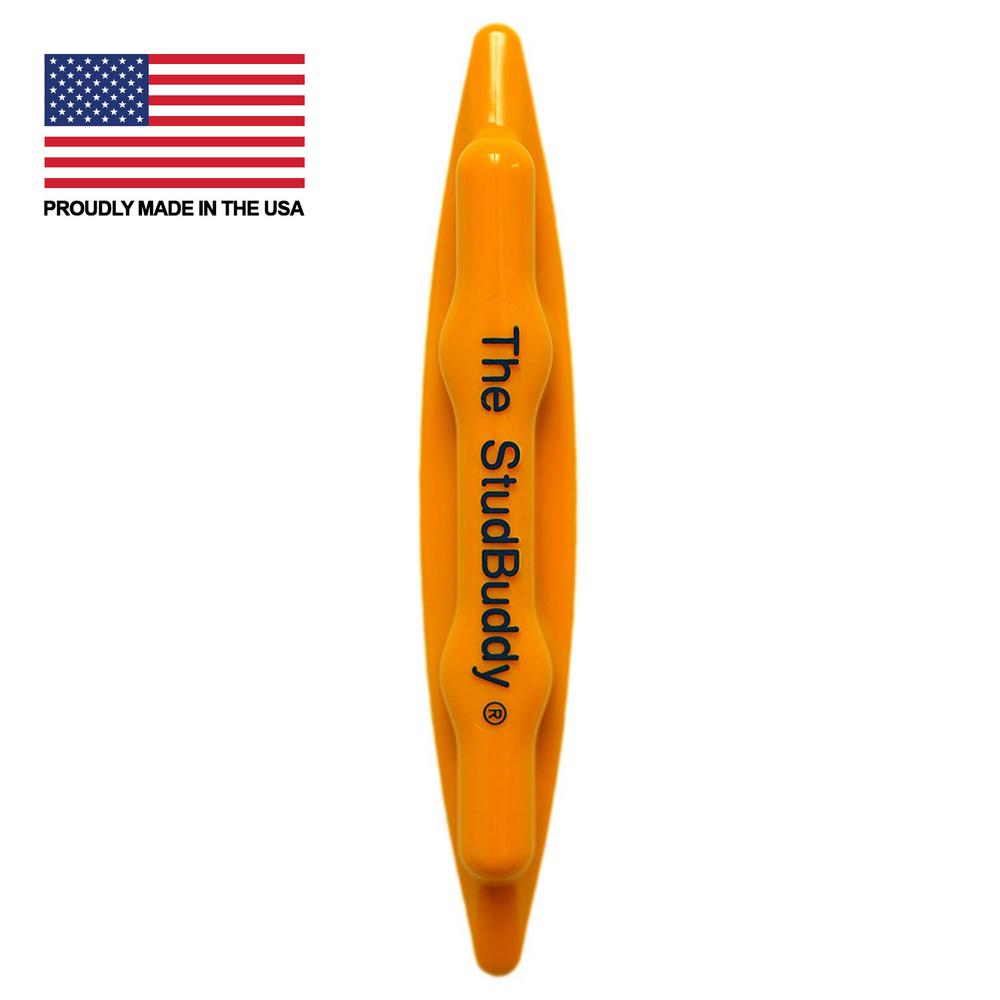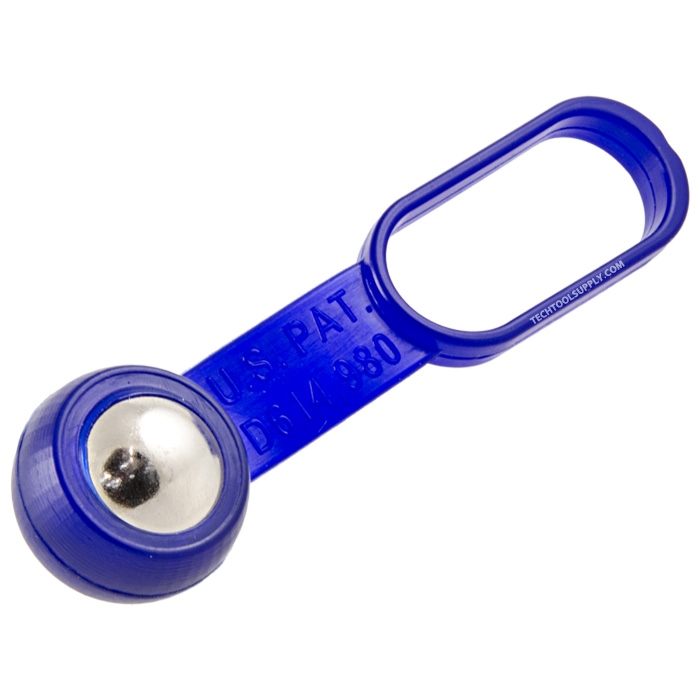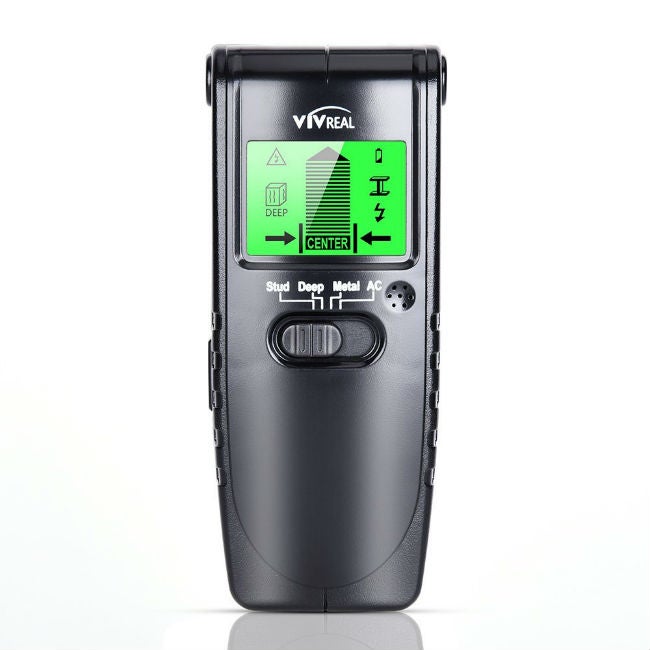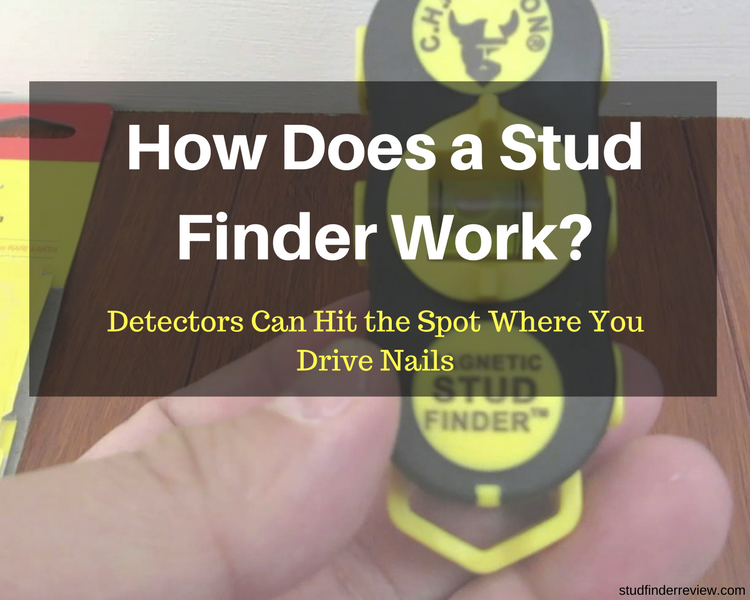Grab magnet from fridge hang with dental floss i grabbed a plain magnet from the refrigerator and tied a piece of dental floss to it any fine string or thread would work. The first technique works but it damages the wall.

Studpop Magnetic Stud Finder
How does a magnetic stud finder work. This field produces its own variable magnetic flux in a metallic object found at an accessible distance. To find a stud all you needed to do was to find a screw or nail. They give you an amazingly accurate view into the wall and show you exactly where each stud is. The magnet would help you find nails that had been driven into a stud. The magnet technique is slow. Just like a metal detector the magnetic stud finder actually locates the studs support beams within the walls by detecting the beam itself if it is made out of metal.
Before there were stud finders either you pounded a small nail into the wall until you hit a stud or you used a small pivoting magnet. Magnetic stud finders how they work. Magnetic stud detectors set the stage for the explosion of other technologies. 8 things to consider about how to use a magnetic stud finder. Here is how you can use a magnetic stud finder step 1. By measuring the electrostatic field of a wall and detect slight differences in the flow of electrons stud finders detect the relative change in density and thereby studs showing the best place to drive that nail.
Stationary magnetic stud finders. Stationary magnetic stud sensors run on a small immovable magnet to detect. So this is how a stud finder works. Once i marked a few with a pencil it was obvious where the studs were. The alternating current of the device creates a non constant magnetic field which is subject to change. Step 3.
Although some studs are made out of wood the magnetic stud finder can still locate them by detecting the metal nails or screws that are lodged in the beams. They existed in the form of tiny magnetized finders that got drawn to screws or nails behind the wall. How magnetic stud finders work the very first stud finders were magnetic in nature. Some of the devices use magnetic fields to detect nail heads in the studs or to scan for wires. Studs are placed within a range of 16 inches or 24 inches. Hence your target area will be to look for a stud.
Step 2. Dangling the magnet along a wall revealed all the nails and screws in or beneath the drywall. The attraction grows stronger as the magnet gets closer to the metal in the walling. Electronic stud finders changed all that. Make a selection of the place where you want to hang the item. The strongest attraction point if due to a metal fastener in the wall should indicate the location of a stud.
Magnetic stud detectors use magnets to locate metal in the walling material because the magnet is attracted to the metal. Find out the exact position where the top.


















